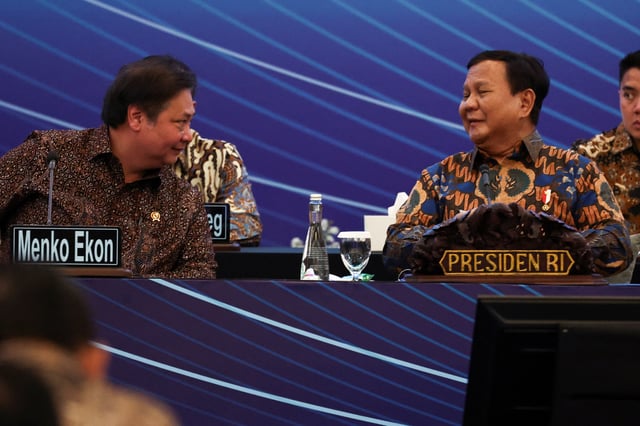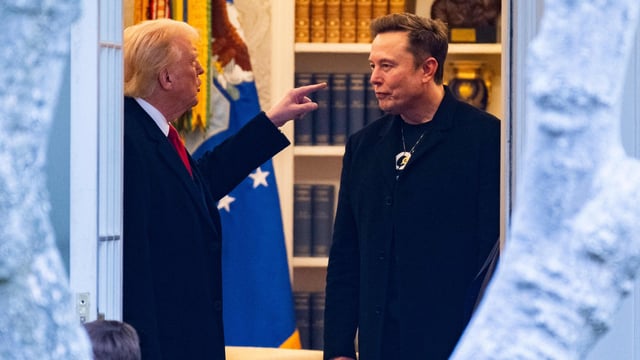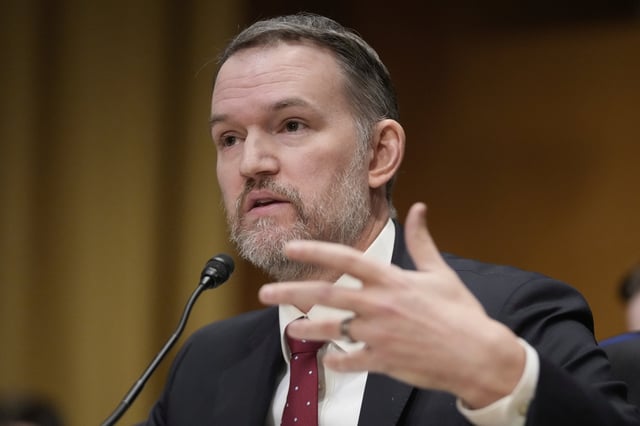Overview
- The Trump administration's tariffs, including a 10% universal baseline and higher rates for key trading partners, are now in effect, causing significant market volatility and economic uncertainty.
- China has responded with a 34% tariff on U.S. goods, prompting President Trump to threaten an additional 50% tariff on Chinese imports starting April 9 if no resolution is reached.
- Tesla faces severe financial and reputational challenges as analysts warn of reduced demand in China and other key markets, with CEO Elon Musk publicly opposing the tariffs and urging a reversal.
- Economic analysts project the tariffs will cost U.S. households an average of $3,800 annually, raise inflation risks, and potentially lead to a recession if prolonged.
- Global allies and trade partners, including Japan and the European Union, are seeking negotiations with the U.S. to mitigate the impact of the tariffs, while retaliatory measures from multiple countries escalate tensions.



